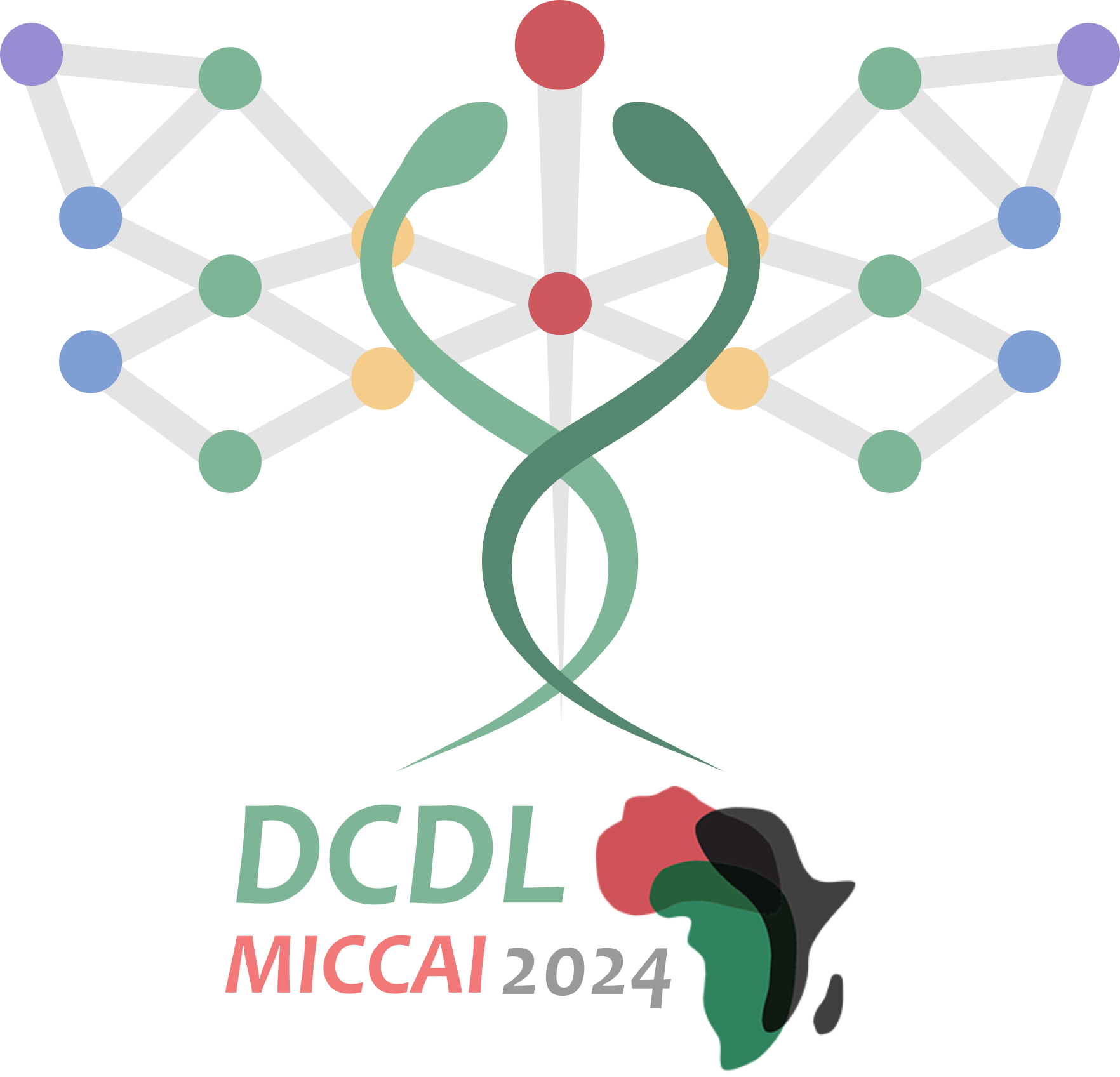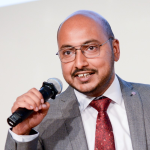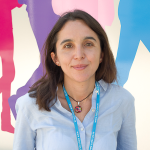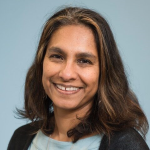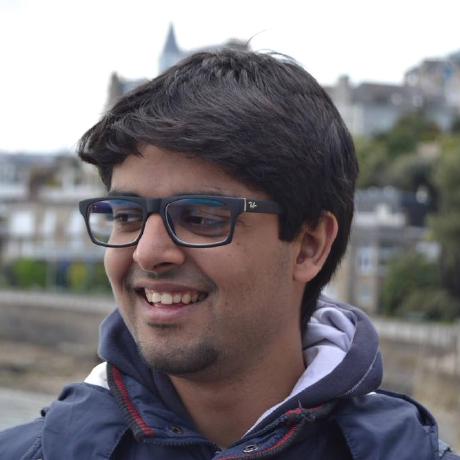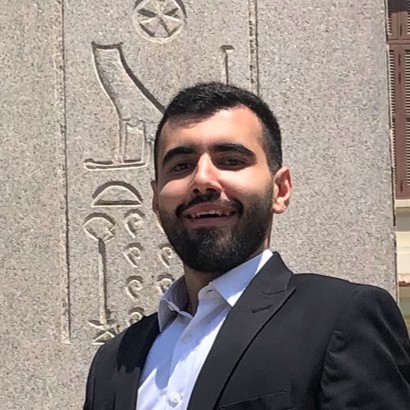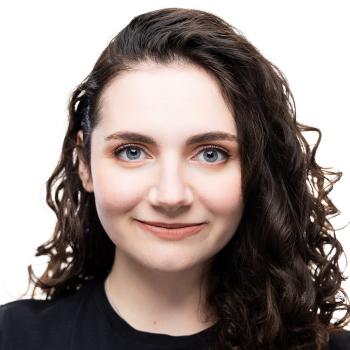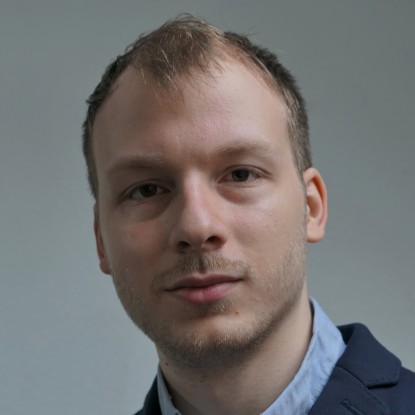
Mihaela van der Schaar
University of Cambridge
Mihaela is the John Humphrey Plummer Professor of ML, Artificial Intelligence and Medicine at the University of Cambridge and a Fellow at The Alan Turing Institute. Mihaela is also the director of the Cambridge Centre for AI in Medicine. Mihaela's research focus is on ML, AI and operations research for healthcare and medicine. Mihaela has received numerous awards and has significant experience and expertise in bringing complex topics to broad, diverse audiences, including keynotes, video series, and ongoing monthly engagement sessions with both ML researchers and clinicians. Alongside Nabeel Seedat, she hosted a virtual engagement on Data-Centric AI, attended by around 150 participants, and has given talks on data-centric AI to both industry and academic research groups.
